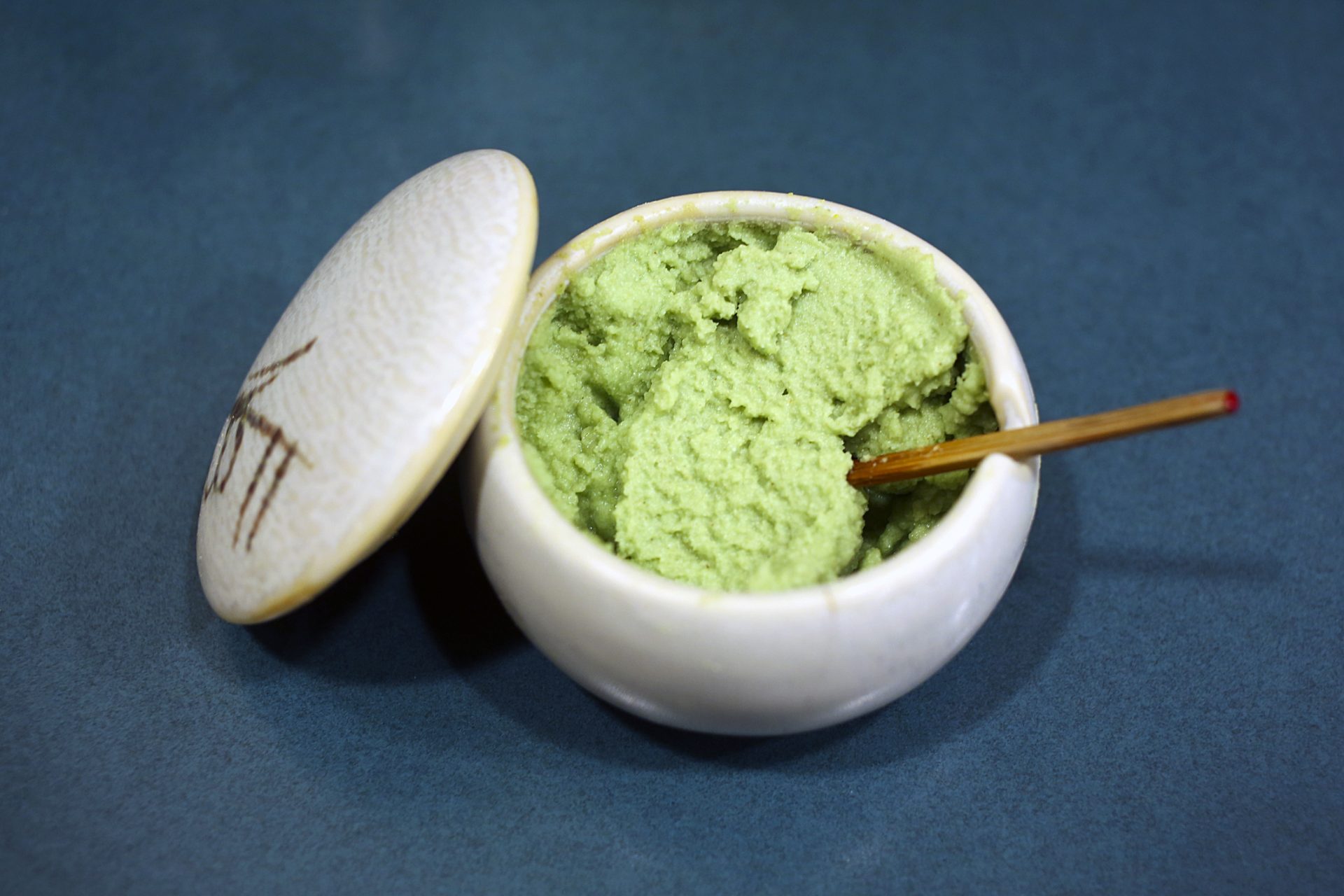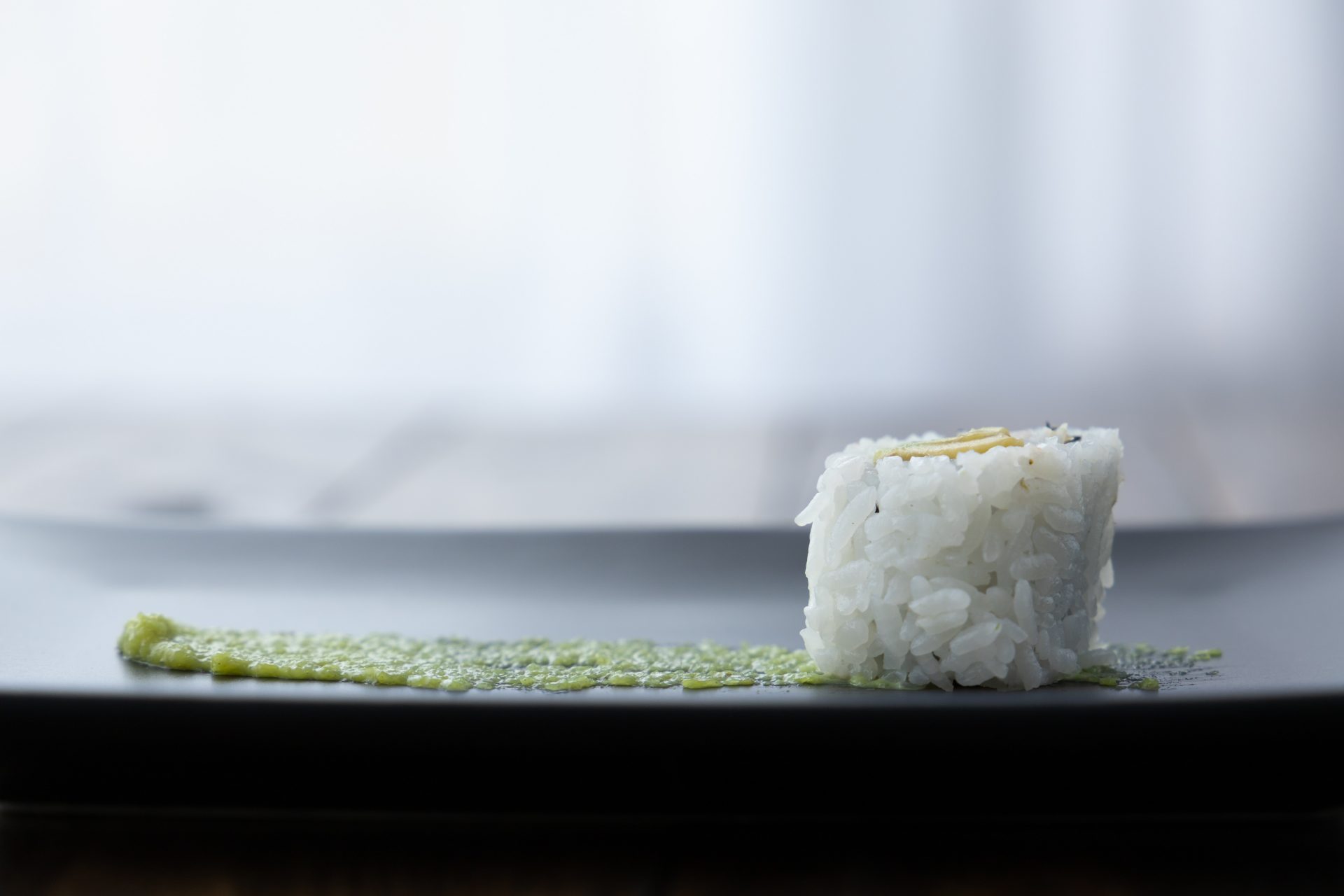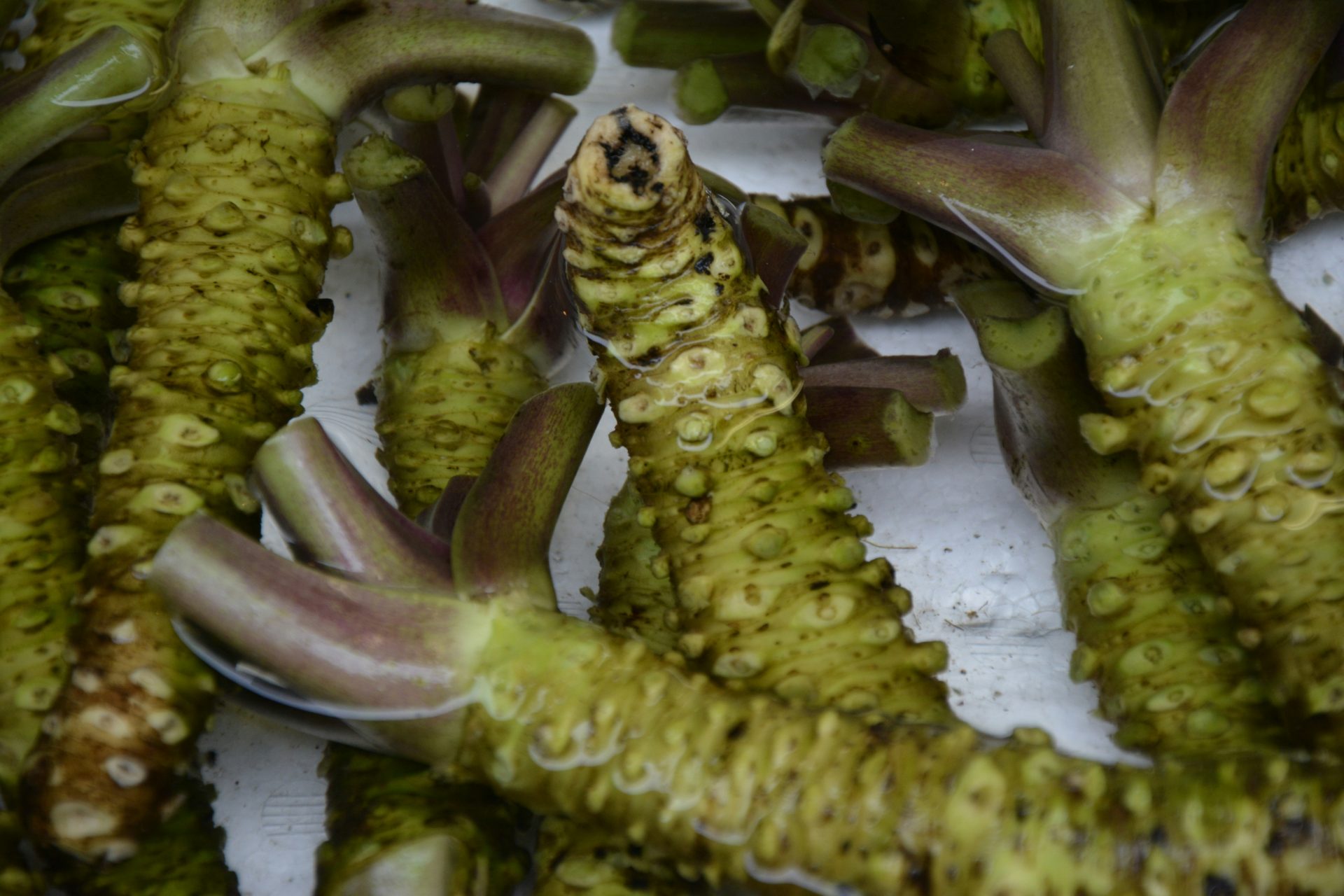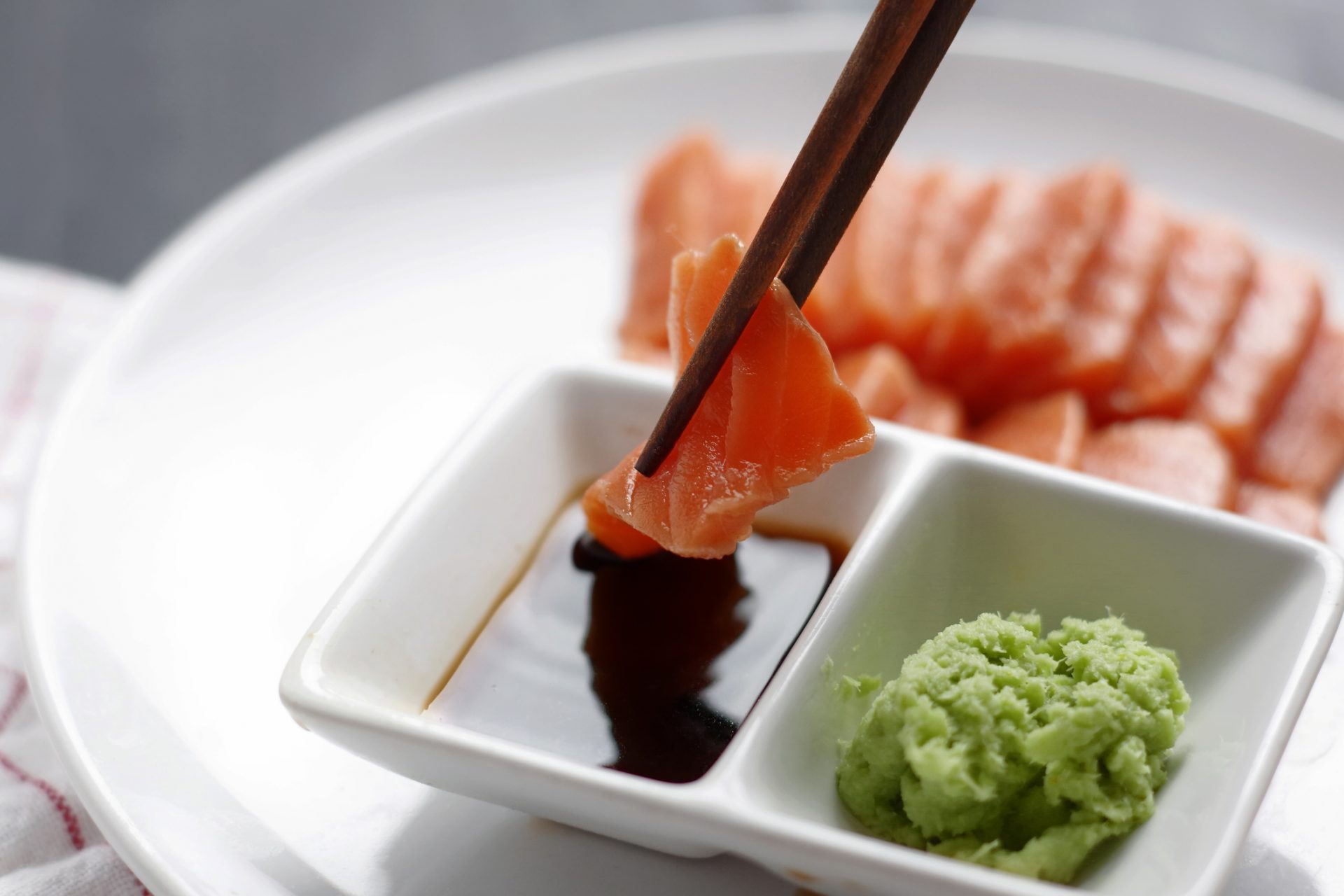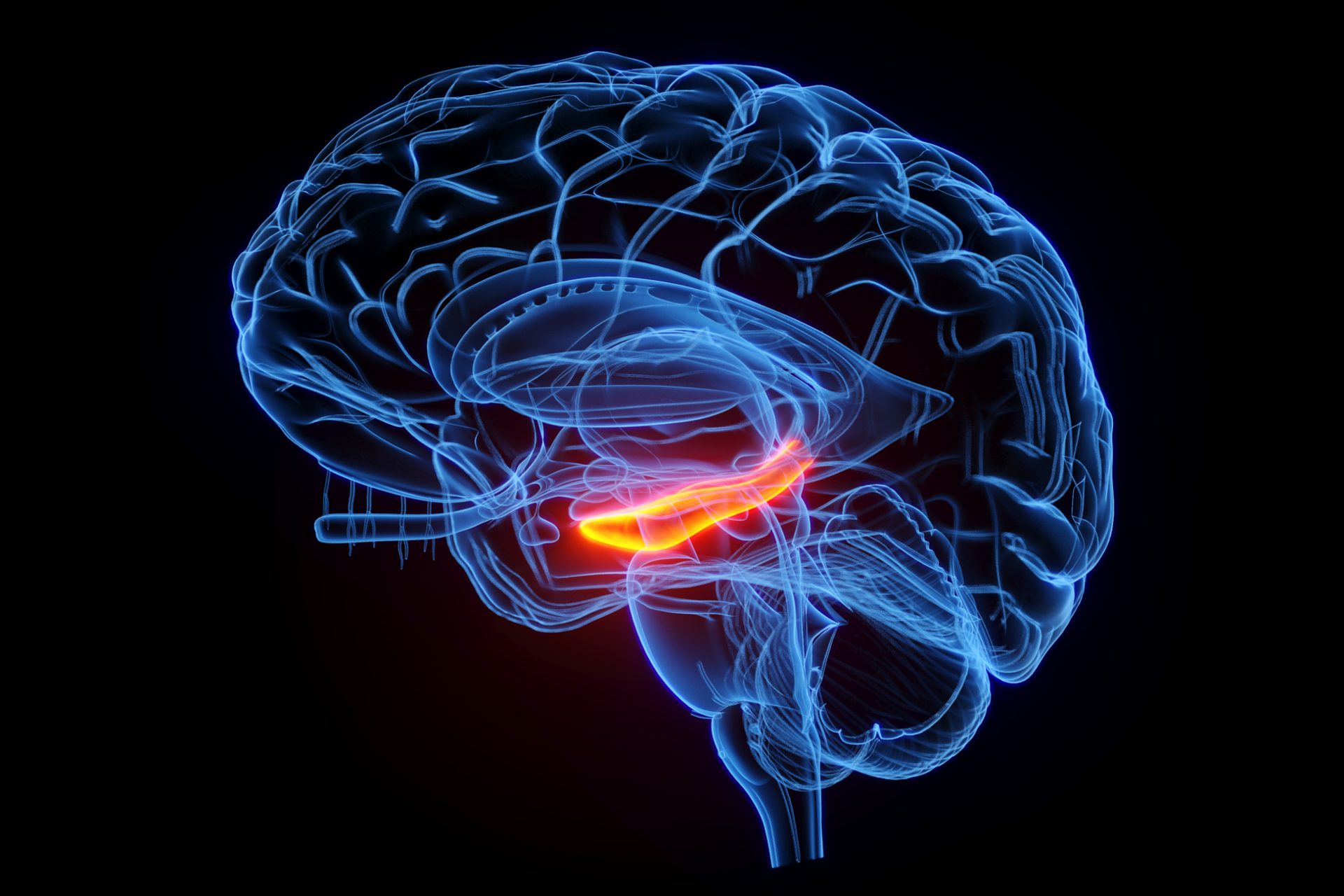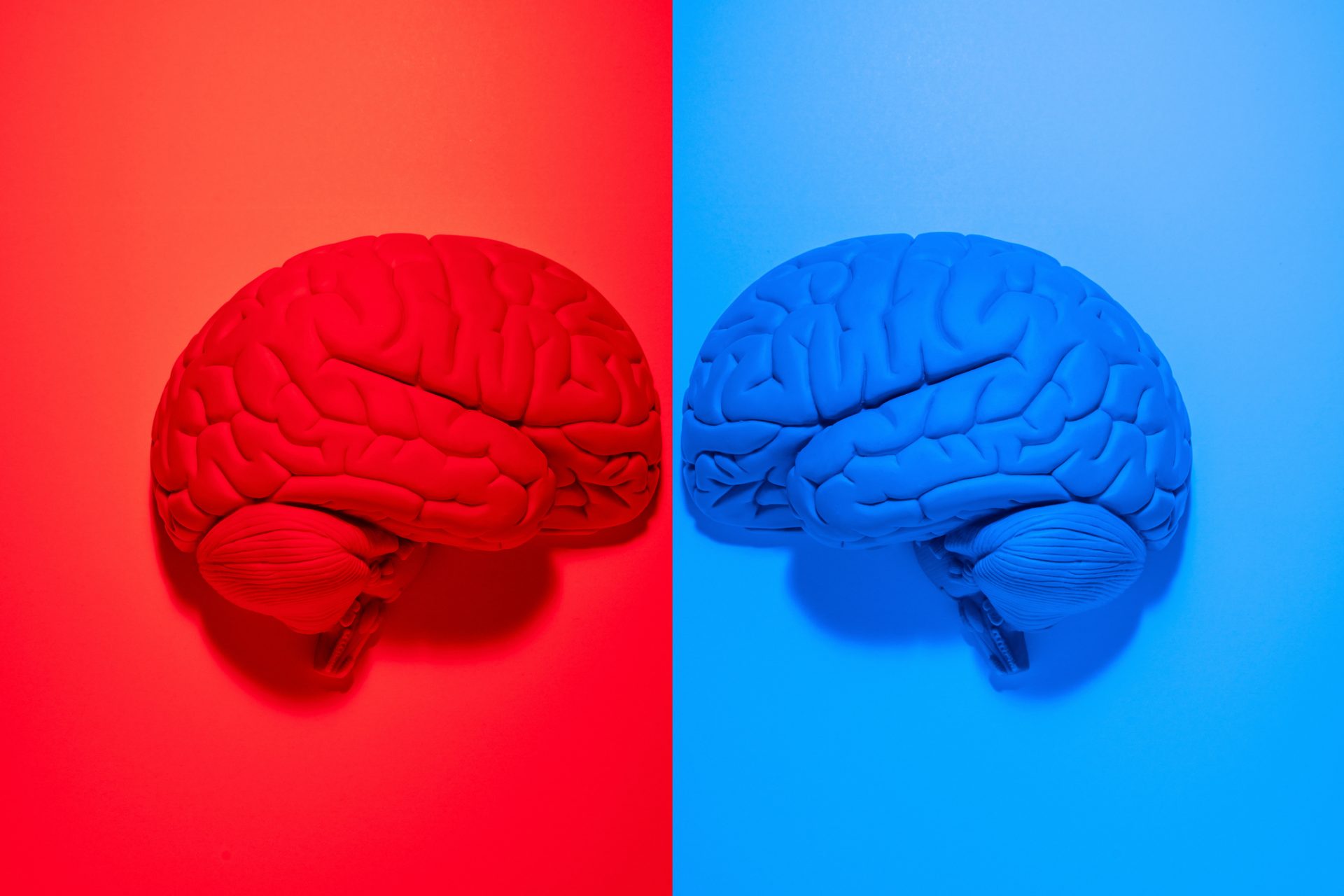Eating wasabi can have a surprising impact on your health
If you enjoy eating sushi then you’re in luck because adding a bit of wasabi to your next salmon roll could improve your health according to the results of a new Japanese study.
Wasabi has the power to seriously increase both short and long-term memory according to researchers, but how did they make this discovery and can actually help your health?
Well, the study’s lead author Rui Nouchi, an associate professor at Tohoku University in its Institute of Development, Aging, and Cancer said the results exceeded expectations.
"We knew from earlier animal studies that wasabi conferred health benefits," Nouchi told Lucy Craft of CBS News. “But what really surprised us was the dramatic change.”
Nouchi explained that the results of the research he and his colleagues performed on a group of 72 healthy subjects between the ages of 60 and 80 were “really substantial.”
The reason why wasabi is a potent memory aid is because of a biochemical in the spicy green sauce known as 6-MSITC, which is a powerful antioxidant and anti-inflammatory.
Photo by Cath Smith on Unsplash
Lucy Craft noted that the biochemical in wasabi only exists in trace amounts throughout the plant kingdom. That makes the tasty sushi paste an oddity and perfect for analysis.
Photo by Beth Macdonald on Unsplash
Instead of feeding their subjects wasabi on the regular, researchers instead opted to use a concentrated supplemental dose of 100 milligrams of wasabi extract taken at night.
Photo by Beth Macdonald on Unsplash
Half the subjects took the wasabi supplement while the others were given a placebo. After three months, one group’s memory was doing much better than the other group.
Researchers saw significant boosts in cognitive functioning skills. Short-term or working memory was improved as well as long-term memory based on a series of assessments.
“Cognitive improvements were particularly evident in terms of their ability to process short conversations, perform simple calculations, and match names with faces,” The Japan Times noted in its explanation of the research.
However, while test subjects saw their memory improve, researchers discovered many big benefits in other areas of cognition like focus, executive function, and processing speeds.
In their study, the researchers theorized about the possible mechanisms behind the improvements in memory gained when supplementing wasabi and they predicted that it was the plant's antioxidant and anti-inflammatory properties providing the benefits.
The study’s authors noted that the hippocampus plays an important role in memory and said that 6-MSITC was likely playing a role in reducing oxidant and inflammation levels in this area of the brain.
“The decrease of oxidants and inflammation may protect brain damage and enhance neural functions such as brain activities and neural plasticity in the hippocampus,” the study’s authors explained.
The study was published in the journal Nutrients and was conducted in cooperation with the wasabi manufacturing firm Kinjirushi.
Photo Credit: Wiki Commons By HQA02330 - Own work, CC BY-SA 4.0
“With an aging global population, we aim to utilize wasabi's health benefits to enhance the healthy life expectancy and well-being of the elderly,” an official from Kinjirushi said according to The Japan Times.
Photo by Matt Bennett on Unsplash
More for you
Top Stories



